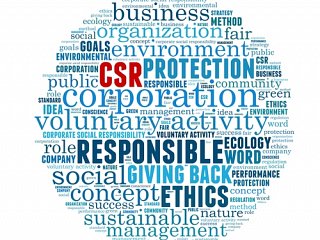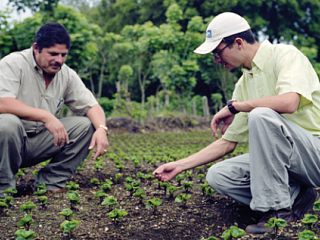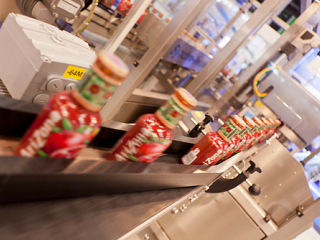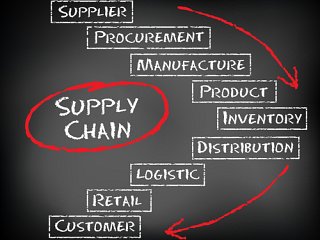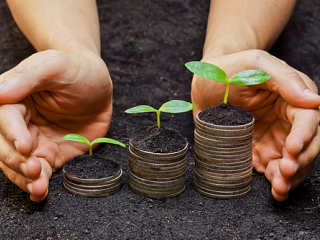Just as companies evaluate their carbon, water and waste footprints, the CFP finally provides a tool that enables purchasers and brands to: benchmark and measure progress towards safer chemicals; recognize and reward suppliers for doing what matters most to retailers and customers; create greater accountability across value chains; encourage chemical information sharing; and provide a metric to compare and measure continuous improvement of suppliers.
Read on…Unfortunately, taken as a whole, the corporate response wasn’t aggressive enough, brilliant enough or visionary enough. The gulf between the scale of the challenges and the level of response is too vast, with too many companies still citing modest, multi-year reductions in emissions or water use as the sum total of their sustainability goals.
Read on…Engaging a group of suppliers through a specific product category survey is one of the most effective ways to tackle key product impacts, especially for retailers seeking to elevate the performance of an entire category of products, as opposed to select companies.
Read on…Companies should use World Food Day and the examples of these leaders as an opportunity to evaluate how they could strengthen their producer partners while improving the long-term food security of the communities they touch.
Read on…As Ben & Jerry’s and Seventh Generation demonstrate, having a clear direction that aligns with consumers’ values is an important business foundation. These companies have created loyal networks of consumers and employees and have successfully leveraged their enthusiasm in pursuing campaigns for political change.
Read on…Pure Strategies' survey of 100 global product companies, including 34 food and beverage companies, revealed that while the food sector is beginning to take key steps, more strategic work is needed for this industry to catch up to the performers in the market, across industries.
Read on…Walmart is a leading motivator for investment in product sustainability with nearly 80 percent of respondents that identified a retail-driver citing the company in an open-ended question. This was followed by Target at about 50 percent, Costco at 18 percent, and Nordstrom at 12 percent. Walmart and Target clearly stand out from crowd. These retailers’ priorities are trickling through the supply chain and influencing supplier product sustainability programs.
Read on…To make the most of this organizational alignment RB honed in on improving carbon, ingredients, packaging and water to meet this target and to keep the business focused on critical improvement opportunities. These four priorities shaped the program and the limited set of issues enabled faster training, tool development and integration into the product development process.
Read on…Keeping up with growing demands for chemical data using spreadsheets or simple databases will become increasingly unrealistic. Managers need tools that enable them to organize, analyze and make decisions about chemicals and materials in their supply chains and products — and they need to do this quickly and accurately.
Read on…Companies committed to product sustainability enjoy the benefits of manufacturing cost savings, brand enhancement, employee engagement and other important financial and organizational value.
Read on…The gripping new Showtime docu-series, Years of Living Dangerously, tackles climate change with a combination of Hollywood star power, heavyweight scientists, and frontline reporting. Sending big name such as Harrison Ford, Thomas Friedman, Lesley Stahl and Jessica Alba into the field as correspondents to document the human impact of climate change, the series conveys the issue’s urgency with drama and facts.
Read on…A 2006 study done in the Netherlands compared the materials side by side. It concluded that paper cups were less polluting in five of 10 categories and that polystyrene was better in the other five. And trying to rate the categories is a losing battle. “There’s no scientific method for saying one environmental impact is more or less important than the other,” Greiner says.
Read on…


